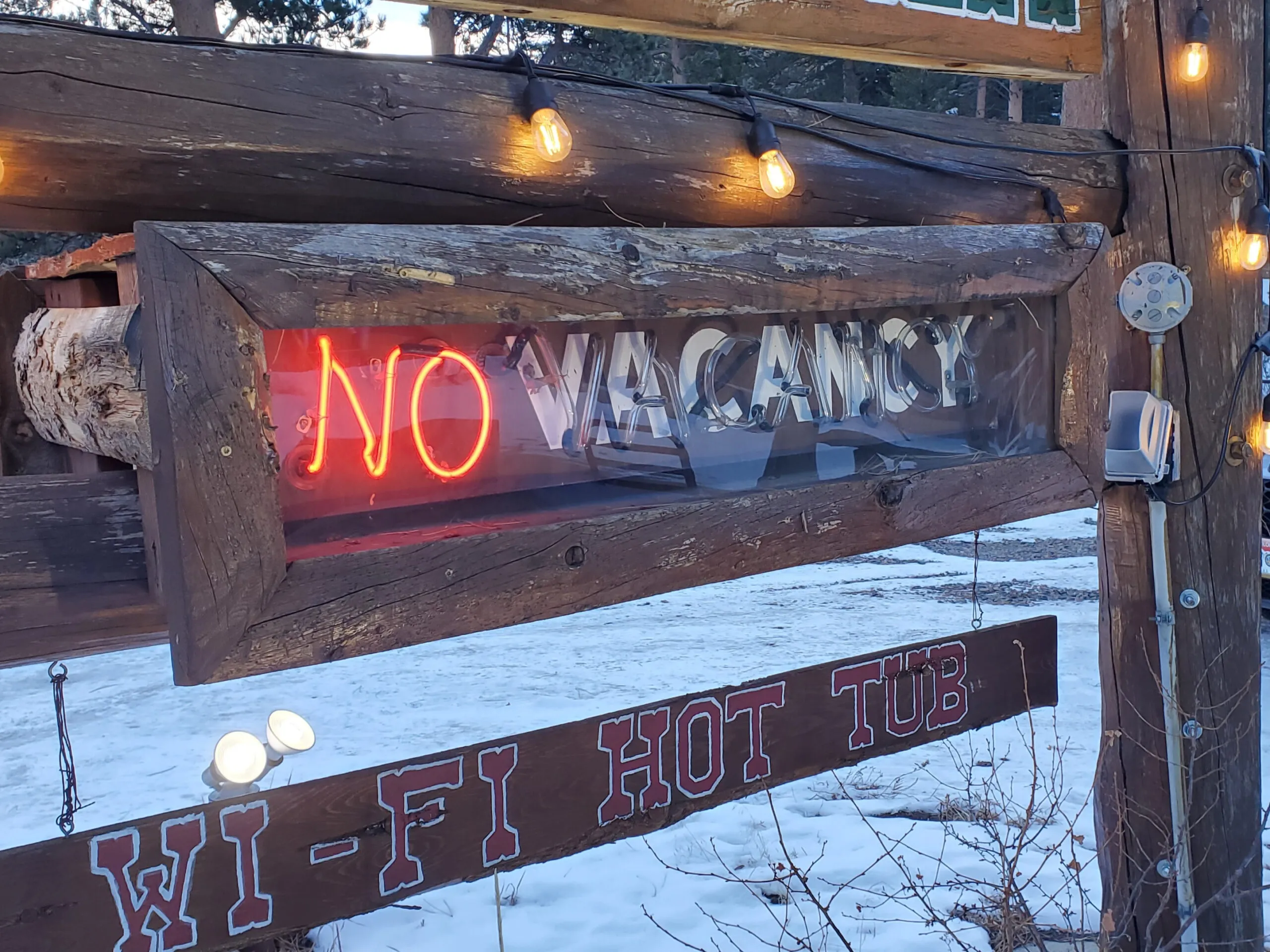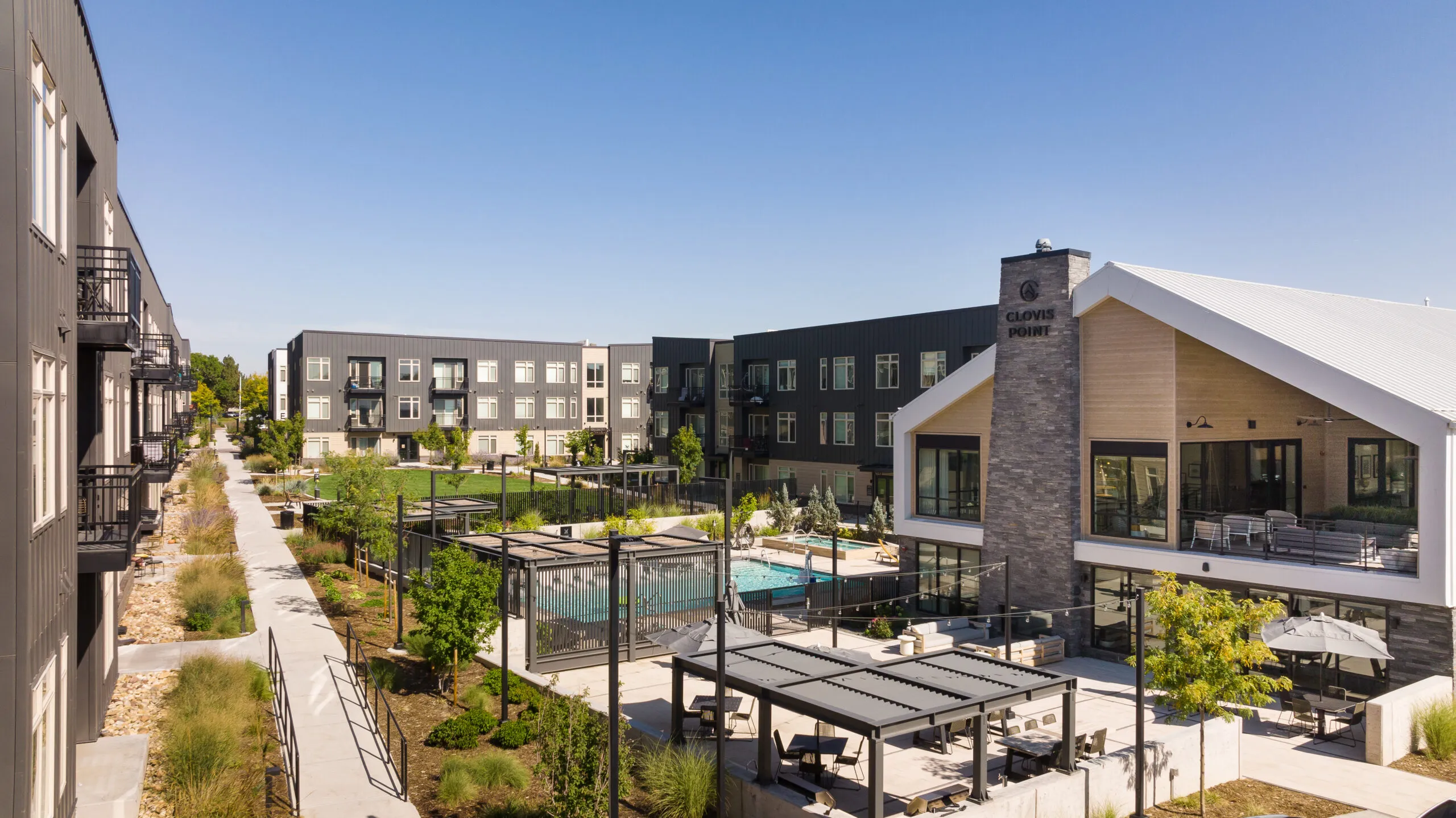Loveland council to decide Friday on probing members’ alleged meeting violations

The Loveland City Council will decide Friday whether to hire a special prosector to file charges against fellow members over open meeting violation allegations.
THIS ARTICLE IS FOR SUBSCRIBERS ONLY
Continue reading for less than $3 per week!
Get a month of award-winning local business news, trends and insights
Access award-winning content today!
Already have a paid subscription?





